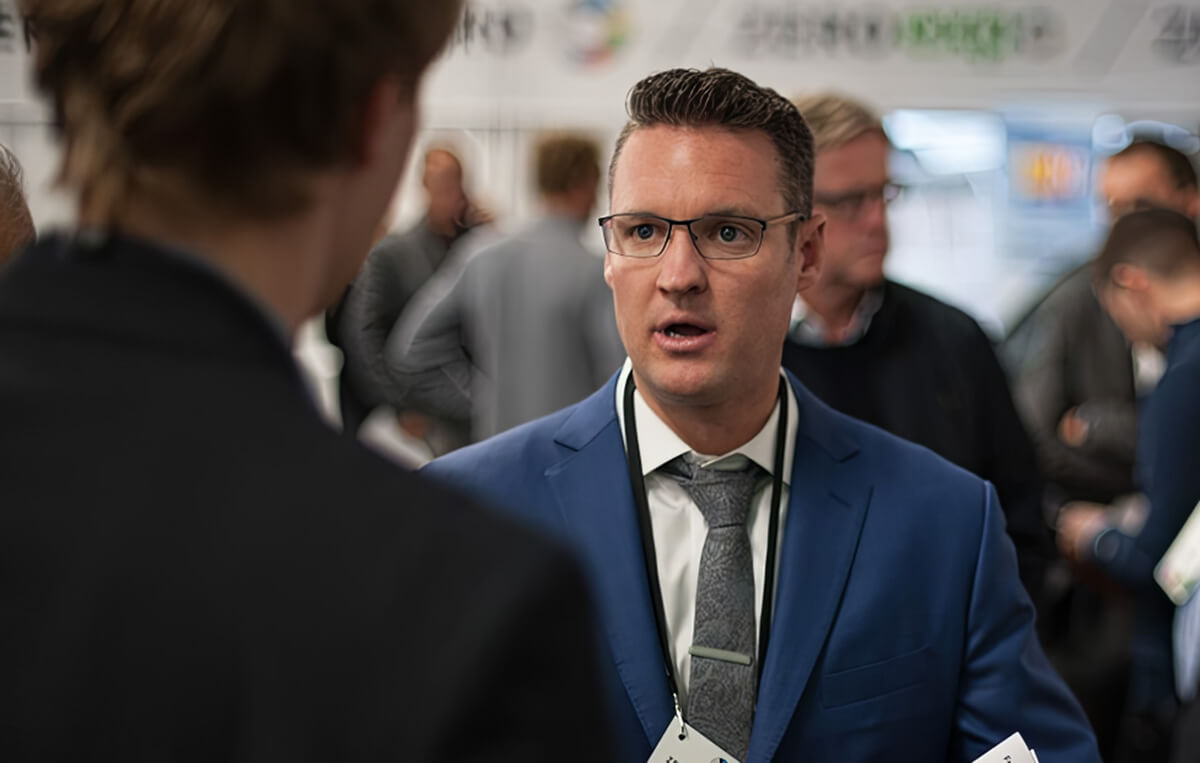In a move that has ignited widespread debate, President Donald Trump has pardoned Trevor Milton, the 42-year-old founder and former CEO of Nikola Motors, who was convicted of fraud in 2022. The announcement, which was initially met with skepticism, was confirmed by both Milton on the social media platform X and White House officials. This decision has not only surprised many but has also reignited discussions regarding the use of presidential pardons, especially in cases involving corporate fraud.
Nikola Motors, a company named after the renowned inventor Nikola Tesla, had emerged as a significant player in the electric vehicle industry, at one point surpassing the valuation of the automotive giant Ford Motor Company. Under Milton's leadership, Nikola aimed to revolutionize transportation with hydrogen and electric-powered trucks. However, the company's reputation took a hit following allegations that it had misrepresented the capabilities of its vehicles in promotional videos, an issue that played a central role in Milton's fraud conviction. Prosecutors argued that Milton had deliberately misled investors about the state of Nikola's technology and product development, culminating in a four-year prison sentence for Milton.
Despite these charges, and separate allegations of sexual misconduct that did not lead to formal charges, President Trump's decision to pardon Milton aligns with his history of sympathizing with businessmen embroiled in legal battles. Trump, who has often voiced his grievances against what he perceives as prosecutorial overreach in his own business dealings, has now extended this narrative of victimhood to Milton, suggesting a stance that some interpret as a defense of entrepreneurial spirit against legal encumbrances.
"Today I was issued a full and unconditional pardon by Donald Trump himself. He called me personally to tell me," Milton said in an Instagram post.
The pardon has, however, raised concerns and questions about its implications for corporate accountability. Critics argue that such a gesture might undermine efforts to ensure honesty and transparency in business practices, particularly in sectors as critical and innovative as electric and hydrogen-powered transportation. On the other hand, supporters of the pardon may view it as a necessary pushback against what they see as overzealous legal actions that can stifle innovation and entrepreneurship.
Legal experts remind the public that the power to grant clemency for federal offenses is a constitutional right of the presidency, intended to allow for mercy in the justice system. Yet, the timing and motivations behind such pardons often lead to spirited debate, with this case serving as no exception. The pardon of Trevor Milton not only brings to the forefront the balance between fostering innovation and enforcing corporate ethics but also highlights the broader issues of accountability and governance in emerging industries.
As the electric and hydrogen vehicle sectors continue to expand, the need for clear regulatory guidelines and strict enforcement of legal standards becomes increasingly apparent. This incident serves as a reminder of the delicate interplay between innovation, regulation, and the ethical responsibilities of corporate leadership. Stakeholders across legal, business, and policy spheres will likely continue to scrutinize this pardon, reflecting on its broader implications for corporate conduct, the justice system, and the relationship between government and industry.





